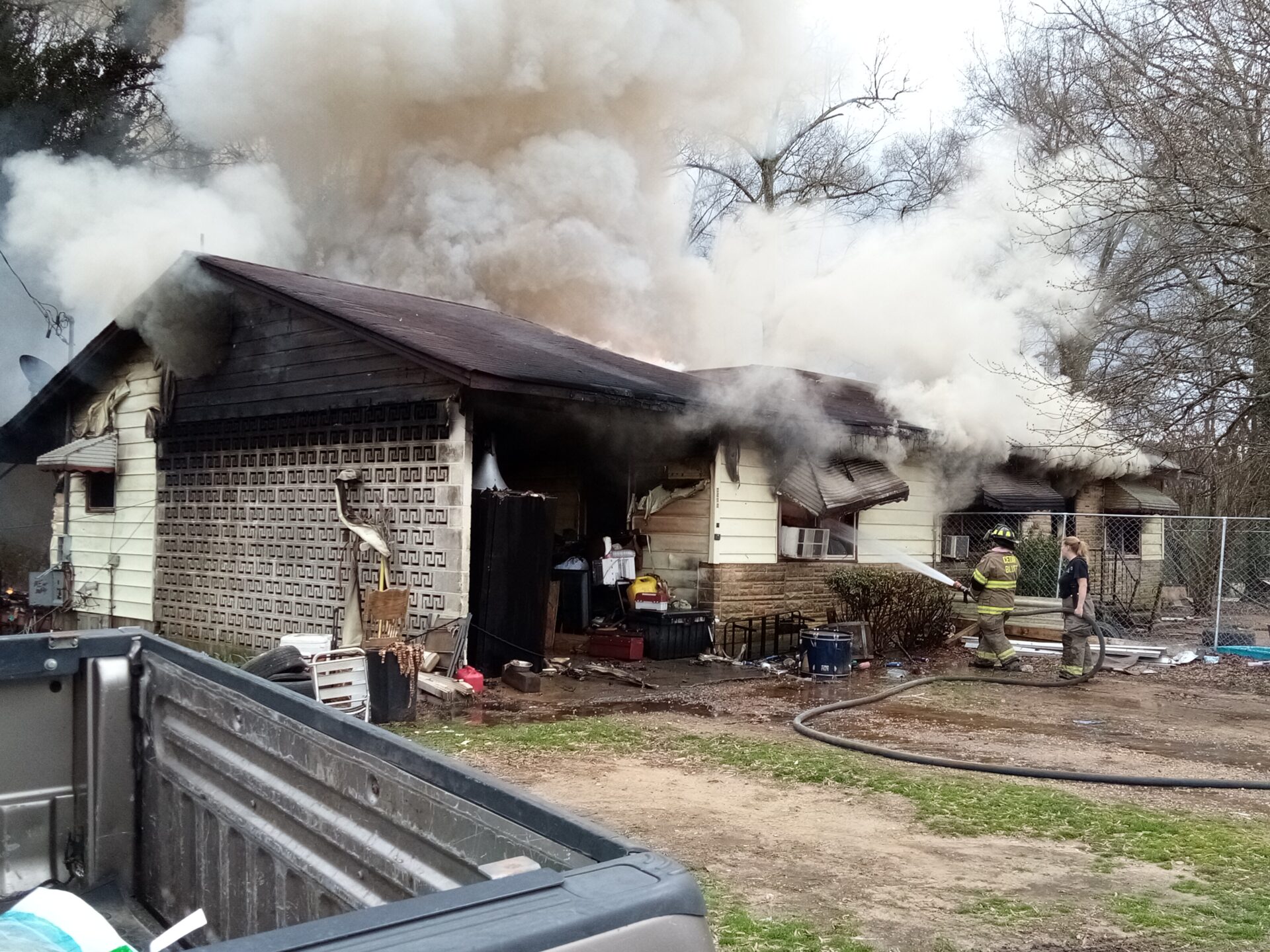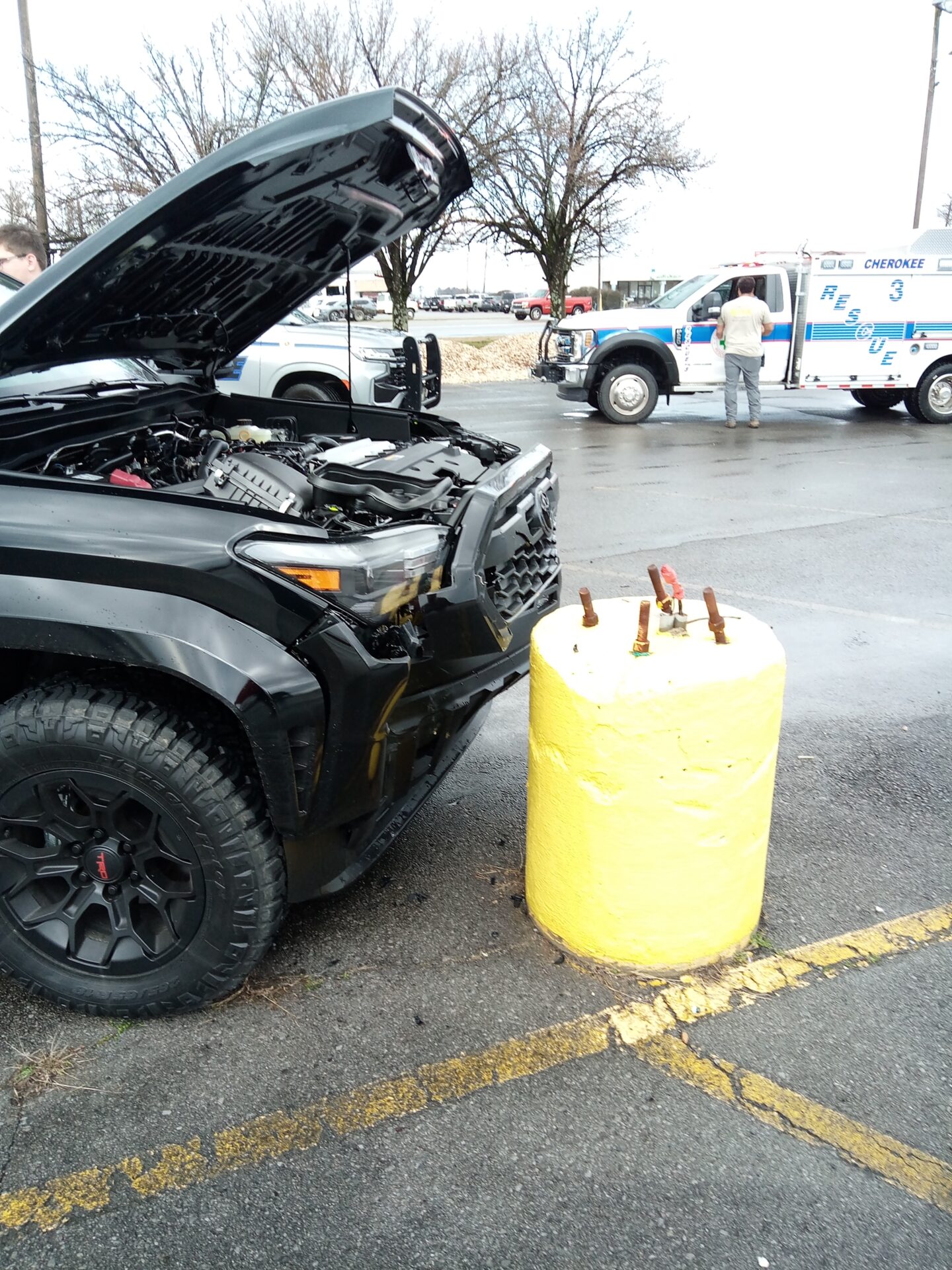
(TEL-AVIV, Israel) — Israel is preparing for a potential ground operation as its war with Hezbollah intensifies, according to the Israel Defense Forces.
“Today, we will continue, we are not stopping; we keep striking and hitting them everywhere,” Lt. Gen. Herzi Halevi, the chief of the General Staff, said Wednesday. “The goal is very clear — to safely return the residents of the north. To achieve that, we are preparing the process of a maneuver, which means your military boots, your maneuvering boots, will enter enemy territory, enter villages that Hezbollah has prepared as large military outposts, with underground infrastructure, staging points and launchpads into our territory and carry out attacks on Israeli civilians.”
Israel continued its offensive against Hezbollah on Wednesday, conducting “extensive strikes” in southern Lebanon and the Begaa area, east of Beirut. The Israeli army said it struck 260 targets in Lebanon on Wednesday.
At least 636 people — including at least 50 children — have been killed and over 1,700 others were injured in Israeli strikes across Lebanon since Monday, according to the Lebanese Ministry of Public Health.
Israel also called up thousands of troops to northern Israel on Wednesday.
Over 90,000 people in Lebanon have been displaced over five days of Israeli airstrikes, according to the United Nations.
The number of displaced people in Lebanon as a result of the war could approach 500,000, Lebanese Foreign Minister Abdallah Bou Habib warned Tuesday, stressing that “the war in Lebanon will not help the Israelis return to their homes and negotiations are the only way to do so.”
Hezbollah fired a long-range ballistic missile at Tel Aviv for the first time on Wednesday, targeting Mossad headquarters, according to the group. Hezbollah said it blames Mossad for the recent assassinations of its top leaders and explosions of members’ pagers and hand-held radios.
The missile was intercepted by aerial defense systems, according to the IDF. Israel also said it took out the missile launcher inside Lebanon.
As strikes continue to hit Lebanon, its largest hospital — Rafik Hariri University Hospital in Beirut — is preparing for the worst, reopening multiple wings and organizing a massive triage unit. Flags were placed on the roof of the hospital with the letter “H,” to identify it for planes flying overhead.
“I’m asking for this hospital not to be shelled,” Dr. Jihad Saade, the general director of the hospital, said Wednesday. “We don’t want the problem of Gaza to be repeated here, regarding shelling and bombing of hospitals. It’s very dangerous if this hospital is targeted.”
International leaders gathering at the United Nations General Assembly in New York this week have called for deescalation between Israel and Hamas as well as Israel and Hezbollah, calling for a cease-fire agreement to end the war with Hamas and a diplomatic resolution to end the widening conflict with Hezbollah.
Mediators between Israel and Hamas are now as far from a cease-fire deal as they have ever been, multiple senior U.S. officials told ABC News.
The foreign ministers of Egypt, Iraq and Jordan issued a rare joint statement on Wednesday, condemning “the Israeli aggression against Lebanon,” warning that “Israel is pushing the region into an all-out war.”
Halting “the dangerous escalation … begins with stopping the Israeli aggression against Gaza,” the ministers said in a statement released after they met on the sidelines of the U.N. on Tuesday.
Iran’s Supreme Leader Ayatollah Ali Khamenei, a key financial backer of both Hamas and Hezbollah, also warned Wednesday that killing members of Lebanon’s Hezbollah will not bring the group to its knees.
ABC News’ Will Gretsky, Morgan Winsor and Somayeh Malekian contributed to this report.
Copyright © 2024, ABC Audio. All rights reserved.




